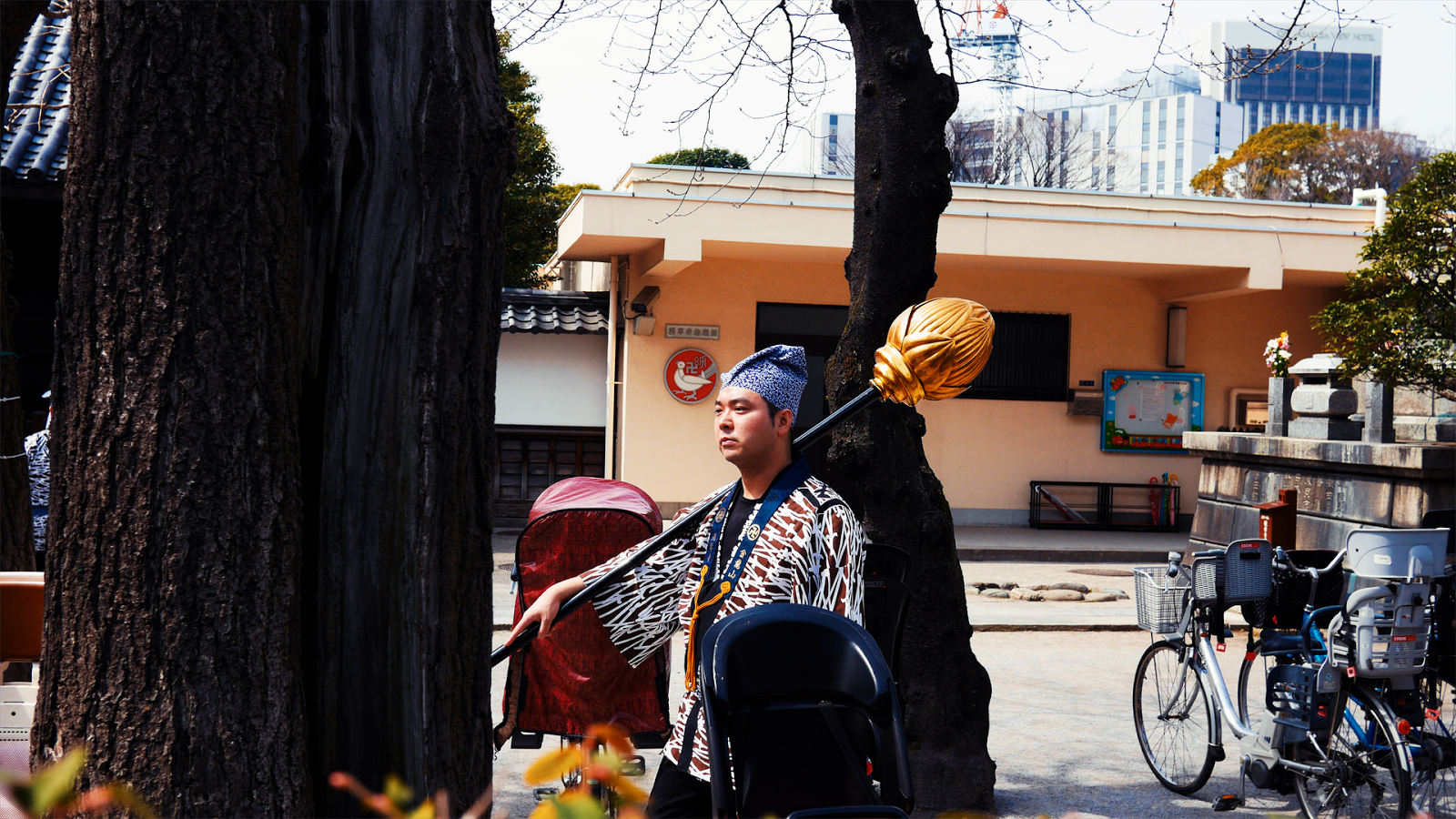From Bujinkan Santa Monica by Michael Glenn
 |
| The old bike path to the Bujinkan hombu dojo is gone, photo by Michael Glenn |
I was fortunate to study this kata in Japan last month with more than one teacher. They were generous with the pain. Below I describe how when I did it with Hatsumi Sensei, he gave me a gift that has opened up a new understanding of taijutsu.
Everyone knows that proper taijutsu is not supposed to be muscled or forced. You should drop the power out to do it well. I wrote about that here Releasing the Power of 力を抜くChikara o Nuku
The key in that idea is expressing power or force, then releasing it. But the surprise for me was what Hatsumi Sensei said last month. He told us to put your intention in the kukan, then remove it (空間と退かす).
Maybe you’ve heard the expression that nature abhors a vacuum. In Physics this means that empty space will quickly be filled. When you remove your own muscle or intention from the technique something will replace it.
Hatsumi Sensei has suggested this year (and last) that we power our taijutsu with shizenryoku or the power of nature. Natural forces will rush in to fill the gaps we leave in the kukan. He even gave a name to one force that can appear when you remove your intention: 妙音術 Myō-on jutsu.
I won’t try to explain 妙音 Myō-on too much. Except that it is a vibration of mysterious sound that comes from what Soke calls 自然観 shizenkan. This view of nature or natural philosophy is connected to mythology and 五行 five element theory
In religion it is associated with 妙音樂天 heavenly music from サラスヴァティー Sarasvatī who in Japan is expressed as 妙音弁才天 Myō-on Benzaiten holding a biwa (traditional Japanese lute).
This kind of metaphysics gets really esoteric. But one practical result for our training arises from this. In the very next sentence after using the word 妙音術 Myō-on jutsu, Soke said,
万物すべて武器 banbutsu subete bukiThis means everything is a weapon. Don't be stuck on the idea that only weapons are weapons. In this way the mysterious sound of the Kukan can be your weapon.




